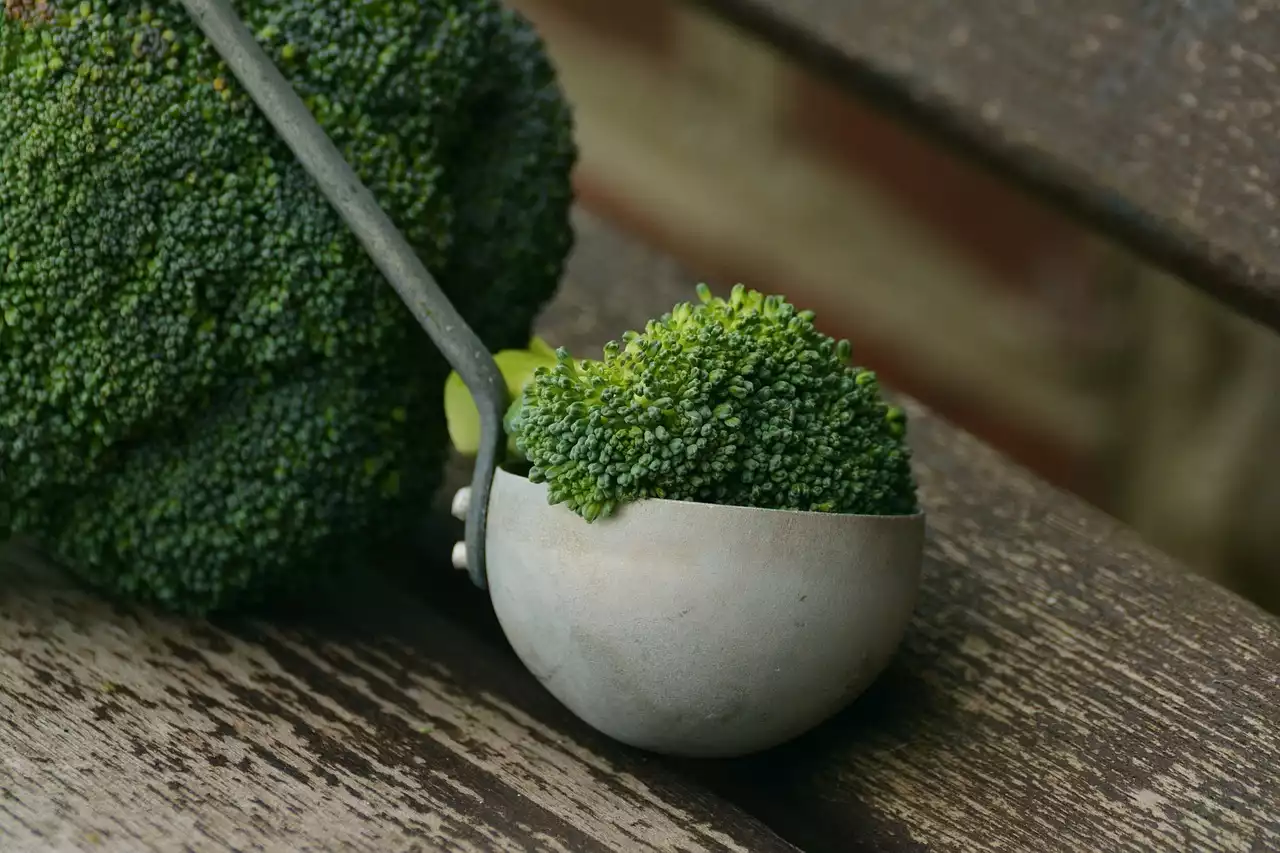Are you considering transitioning to a plant-based diet, but not sure where to start? In this ultimate guide, we will explore the benefits of a plant-based diet and provide tips and recipes to help you incorporate more plant-based foods in your daily meals. A plant-based diet is not only healthier for you, but it is also better for the environment. So, let's get started!
The Basics of a Plant-Based Diet
A plant-based diet consists of foods derived from plants, such as vegetables, fruits, whole grains, legumes, nuts, and seeds. This type of diet is usually low in saturated fat and high in fiber, which is beneficial for our overall health. There are different types of plant-based diets, such as vegetarian, vegan, and flexitarian.
When following a plant-based diet, it is important to ensure that you are consuming enough calories and all of the necessary macronutrients (carbohydrates, protein, and fat). It is a common misconception that it is difficult to get enough protein on a plant-based diet. However, there are plenty of plant-based sources of protein, such as lentils, chickpeas, tofu, and tempeh.
To plan your meals, start by making a grocery list of your favorite plant-based foods. This will help you to keep track of the foods you need and prevent impulse purchases. Meal planning can also save you time and money in the long run.
The Benefits of a Plant-Based Diet
There are numerous health benefits to following a plant-based diet. For example, a plant-based diet can improve heart health by reducing the risk of heart disease, high blood pressure, and high cholesterol. It can also improve digestion and gut health, aid in weight loss, and reduce the risk of certain diseases, such as type 2 diabetes and certain types of cancer. Additionally, a plant-based diet can be more sustainable and better for the environment by reducing greenhouse gas emissions and preserving natural resources.
Foods to Incorporate in a Plant-Based Diet
There are many plant-based foods to incorporate in your diet. Vegetables and fruits are the foundation of a plant-based diet, so make sure to include a variety of colors and types. Whole grains, such as brown rice, quinoa, and oats, are a great source of complex carbohydrates, fiber, and protein. Legumes, such as beans, lentils, and chickpeas, are also a great source of protein and fiber. Nuts and seeds, such as almonds, chia seeds, and flax seeds, are a great source of healthy fats, protein, and fiber. Plant-based milks, such as almond milk, soy milk, and oat milk, can be used in place of dairy milk. Herbs and spices can be used to add flavor and variety to your meals.
Foods to Avoid in a Plant-Based Diet
Meat, poultry, and dairy products should be avoided in a plant-based diet. These products are high in saturated fat and have been linked to various health issues, such as heart disease and certain types of cancer. Processed foods, such as chips, cookies, and candy, should also be avoided as they are typically high in sugar, salt, and unhealthy fats. Refined carbohydrates, such as white bread and pasta, should also be minimized in a plant-based diet, as they can cause spikes in blood sugar levels.
Plant-Based Meal Ideas and Recipes
Plant-based meals can be delicious and easy to prepare. For breakfast, you can try making smoothies, oatmeal, avocado toast, or tofu scramble. For lunch and dinner, stir-fries, Buddha bowls, salads, and soups are great options. For snacks, try snacking on fruits, veggies and hummus, nuts, or vegan protein bars. For dessert, fruit-based desserts, vegan cookies, and dark chocolate are great options.
Here is a sample meal plan to help you get started:
Breakfast: Berry Smoothie Bowl (blend frozen berries, banana, almond milk, and protein powder)
Snack: Apple Slices with Almond Butter
Lunch: Quinoa Salad with Roasted Vegetables and Chickpeas
Snack: Carrots and Hummus
Dinner: Tofu Stir-Fry with Brown Rice and Vegetables
Dessert: Dark Chocolate and Berries
Conclusion
In conclusion, a plant-based diet is not only healthier for you, but it is also better for the environment. Incorporating more plant-based foods into your diet can be easy and delicious. Remember to start by making a grocery list, plan your meals, and try new recipes to keep things interesting. By transitioning to a plant-based diet, you can improve your health, reduce your environmental impact, and enjoy delicious and nutritious meals.
If you're looking for more plant-based recipes and resources, check out plant-based cookbooks, blogs, and social media accounts for inspiration and guidance.





